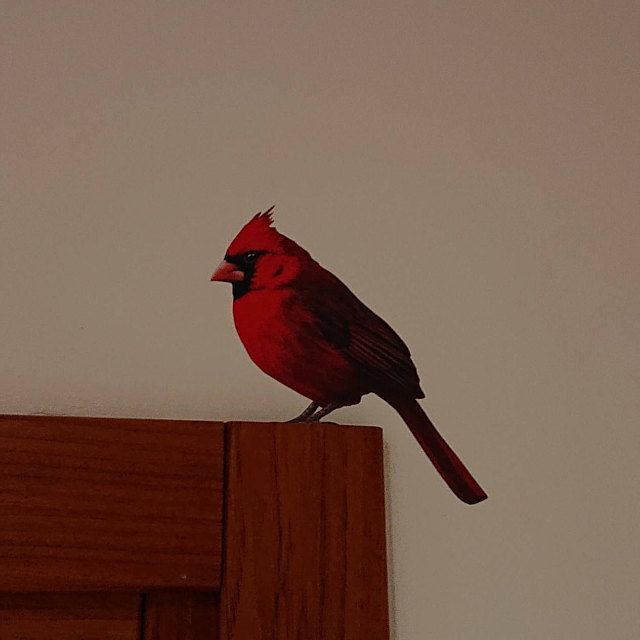They are not known to cause problems in the digestive system because the paper is broken down and passed through the system but aside from not wanting your bird to fill up on paper products you have to wonder if anything was stuck to it.
Is vinyl safe for birds.
Glaspro bird safe glass this product is ideal for buildings and zoos wanting maximum transparency with a maximum deterrent for bird collisions.
Pvc is an environmental poison because of its high chlorine content and chemical additives.
Plastic and vinyl coatings often degrade quickly and flake off the underlying wire.
As lead is a common ingredient of plastic and vinyl pieces of coating ingested by birds can expose the bird to toxic metals.
But still some bird owners do not prefer using this because it is impractical.
In addition untreated pine chips allows small particles such as dander to go down through the cracks to the tray below.
The good news is that there are medications to relieve the symptoms of metal poisoning in birds and chelation therapy to help remove metals that remain in the bird s body.
Rigid pvc is chemically inert unreactive and due to this fact it is approved to carry our drinking water supplies.
There are cases however where metals remain unpassed by the bird despite all efforts.
In addition ingested coating can act as a gastrointestinal irritant regardless of its metal content.
Hummingbird glass door indicator decals glass safety stickers 3 per package keep children safe alert birds dogs kids warn protect window safety frosted glass 4 6 out of 5 stars 28 21 49 21.
They are safe to use but i know of two people who are sure their pellet loving birds have eaten them.
Although the manufacture of pvc is not an environmentally friendly process the stability of the final product in its rigid form renders it non toxic and safe for our birds.
A bird may simply show signs of general and non specific illness.
Vinyl chloride is a known carcinogen.
To use one has to sift it through to ensure no debris comes along.
Pvc bio accumulates and becomes stored in body fat of animals and humans.
With cumulative exposure they are potential carcinogens and may cause reproductive or developmental health problems.
Inks are rated for a minimum 30 year lifespan in exterior application with a lead time of less than 6 weeks.





























